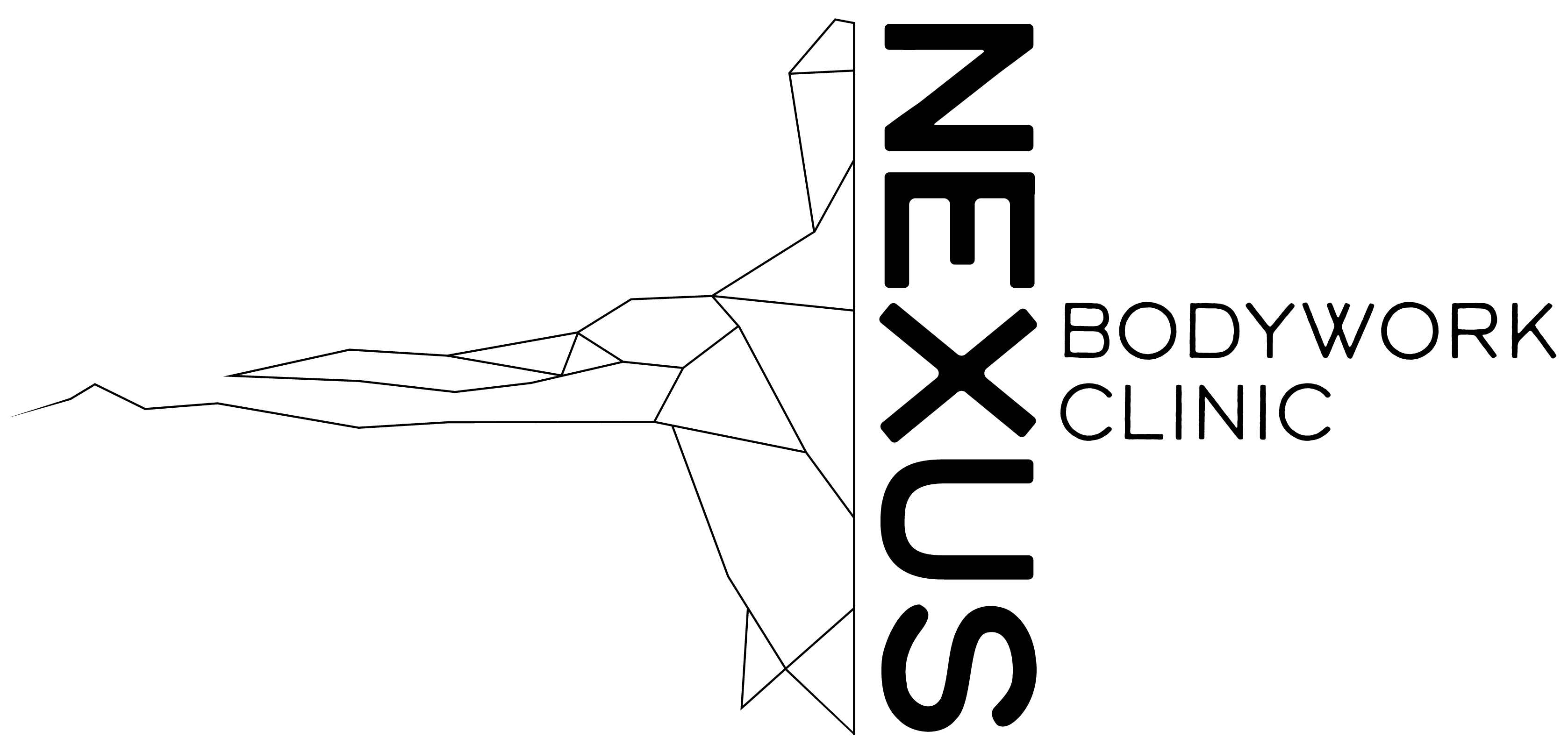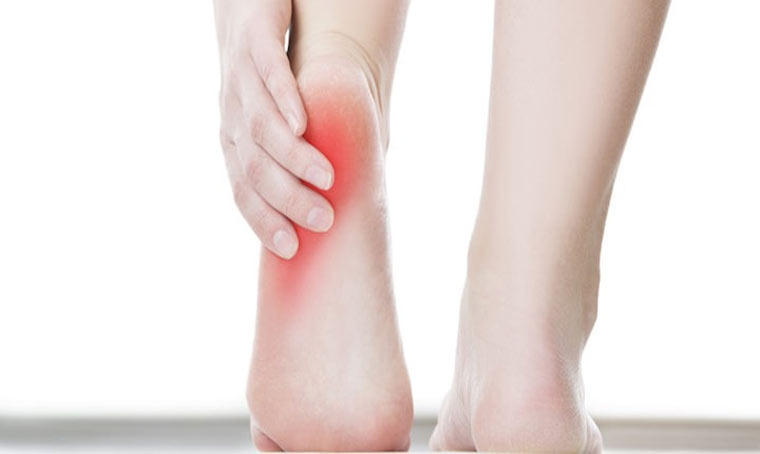If you’ve ever suffered from plantar fasciitis, you know how debilitating foot pain can be. That sharp, stabbing sensation in the heel makes even the simplest tasks, like walking or standing, feel impossible. But can remedial massage help ease this pain and speed up your recovery? The short answer is: yes.
At Nexus Bodywork Clinic, we’ve seen firsthand how targeted treatments, such as remedial massage, can alleviate the tension in the fascia, improve blood flow, and reduce inflammation—key factors in treating plantar fasciitis. Remedial massage doesn’t just focus on the painful area; it looks at the bigger picture. Tightness in the calves, hamstrings, or even your lower back can contribute to foot pain and discomfort. By addressing these areas through techniques like myofascial release and trigger point therapy, we aim to relieve the underlying issues contributing to plantar fasciitis.
Beyond plantar fasciitis, remedial massage can help with a range of other conditions. Whether you’re dealing with back pain, sciatica, or postural dysfunction, incorporating dry needling or functional cupping into your treatment plan can enhance your recovery. And if you have long-term issues, like hip bursitis, nerve pain, or shoulder bursitis, these therapies can help restore function and reduce pain.
So, can remedial massage help plantar fasciitis? Absolutely. But more than that, it can also prevent future injuries by addressing the imbalances and tension in your body. Let’s explore how this therapy works and why it might be the solution you’ve been looking for.
What Causes Plantar Fasciitis?
Plantar fasciitis is typically caused by repetitive strain on the plantar fascia, the thick band of tissue that runs along the bottom of your foot. Whether it’s from overuse, poor foot mechanics, or standing for long hours, this condition leads to painful inflammation in the heel. Athletes, people with flat feet, or those with tight calf muscles are particularly prone to developing it. Left untreated, it can lead to chronic pain and disrupt your daily activities.
But here’s the thing—plantar fasciitis doesn’t just stem from the foot. Tightness in the calves, hamstrings, or even lower back can create tension that radiates down to the feet. That’s why treating only the symptom, the heel pain, often isn’t enough. This is where remedial massage comes in, addressing not just the site of pain but the root causes elsewhere in the body.
How Remedial Massage Helps Plantar Fasciitis
Remedial massage focuses on releasing tight muscles, improving blood circulation, and reducing inflammation. But what sets it apart for treating plantar fasciitis is the attention given to the fascia—the connective tissue surrounding your muscles. By using techniques like myofascial release, we can ease tension in not only the plantar fascia itself but also the surrounding areas, such as the calves and hamstrings, which may be contributing to the problem.
During your session at Nexus Bodywork Clinic, we might also integrate trigger point therapy, which targets specific points of muscle tension that may be contributing to your heel pain. These trigger points can exist far from the foot, such as in the calves or even hips, and may be the hidden source of your discomfort.
Combining Other Therapies for Enhanced Results
While remedial massage is highly effective on its own, combining it with other therapies can further accelerate recovery. For plantar fasciitis, we often recommend:
- Dry needling: This technique targets muscle knots or trigger points, providing deeper relief. When used in areas like the calves or hamstrings, it can release tension contributing to your foot pain.
- Functional cupping: Cupping can help reduce inflammation and increase blood flow to the area, speeding up recovery. It’s especially useful when tightness in the legs or feet is involved.
- Myofascial release: As mentioned, this technique targets the fascia, which can become tight and inflamed in people with plantar fasciitis.
At Nexus Bodywork Clinic, we tailor treatments based on your individual needs. If you have other issues, such as hip bursitis, sciatica, or postural dysfunction, we can adapt the treatment to address multiple concerns at once.
Preventing Plantar Fasciitis Recurrence
Treating plantar fasciitis is one thing—preventing it from coming back is another. Remedial massage can help by addressing the muscle imbalances and tightness that often lead to heel pain in the first place. For example, tight calf muscles or poor foot mechanics can create unnecessary stress on the plantar fascia, leading to reinjury.
That’s why we often recommend regular sports massage or remedial massage for ongoing maintenance, particularly for athletes or people who are on their feet a lot. Keeping muscles and fascia flexible and healthy can go a long way toward preventing the pain from returning.
In addition to manual therapies, we also offer health coaching, including gut health and blood chemistry analysis, which can help identify underlying issues like inflammation that may be affecting your recovery. A holistic approach is always best when managing and preventing injuries like plantar fasciitis.
Remedial Massage: A Holistic Approach to Pain Relief
At Nexus Bodywork Clinic, we believe that every part of the body is connected. So when you come to us with plantar fasciitis, we’re not just treating your heel—we’re looking at the bigger picture. From your back pain to your foot pain, our goal is to uncover and address the root causes of your discomfort. By using a combination of remedial massage, trigger point therapy, myofascial release, and other complementary techniques like dry needling, we aim to provide long-lasting relief.
And if you’re dealing with additional conditions like sciatica, shin splints, or osteitis pubis, our holistic approach ensures that no stone is left unturned. Ready to take the next step toward pain-free movement?

